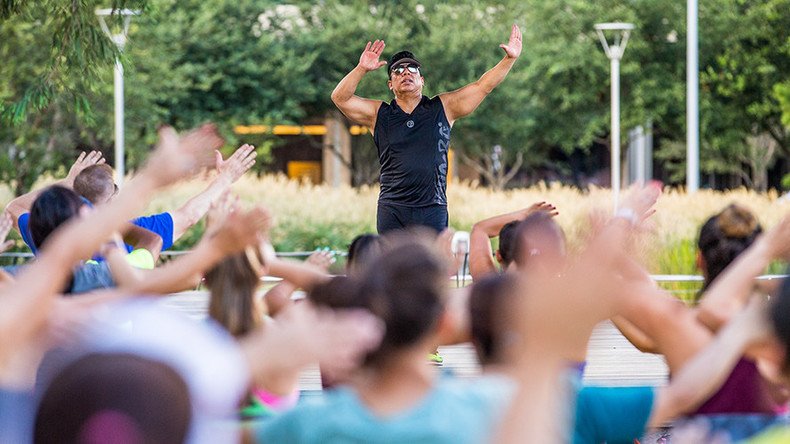Miracle ‘exercise pill’ may soon make couch potatoes healthy

Scientists are on the road to developing a drug to ease the fitness worries of the world’s couch potatoes – and all without having to lift themselves off the sofa.
Researchers have long mused about the possibility of developing a drug that could give a person all the benefits of exercise, without actually exercising. Now, a team from the University of Leeds in the UK have taken us a step closer to the creation of a miracle drug.
Speaking to the Daily Record, Professor David Beech from the Leeds Institute of Cardiovascular and Metabolic Medicine, the study’s author, said: "It must be possible one day we will have an 'exercise pill' ... If all goes well, they could begin in five years, even sooner with further funding.”
‘Sabotage’: 400m medal contender at London World Athletics Championships hits out over virus ban https://t.co/mSu72Dcbn2
— RT Sport (@RTSportNews) August 9, 2017
In the study, published Thursday in the journal Nature Communications, the team examined the effect of physical activity on blood circulation, finding that when the heart rate is raised, a person’s blood flows to the skeletal muscles and brain and ignores the internal organs such as the intestines. Arteries also narrow during exercise, putting increased stress in the arterial lining.
The team then identified Piezo1, a protein it believes governs the body’s response to exercise and could hold the key to defeating the world’s most debilitating diseases.
"If we can understand how these systems work, then we may be able to develop techniques that can help tackle some of the biggest diseases afflicting modern societies," said Beech.
"We know that exercise can protect against heart disease, stroke and many other conditions. This study has identified a physiological system that senses when the mammalian body is exercising."
Premier League clubs head to Moscow on consecutive days after #ChampionsLeague draw #LFC#MUFC#FCSM#CSKA 🇬🇧⚽️🇷🇺https://t.co/z6aOGMhu8z
— RT Sport (@RTSportNews) August 24, 2017
Using Piezo1, Beech developed the experimental molecule Yoda1, a compound that, when tested on mice, increased blood flow in the arterial lining in the same way as exercise.
The team now plans to begin further experiments on mice and, soon, they hope, humans.
"Our experiments were carried out on healthy mice. We now plan further studies on unhealthy ones with metabolic syndrome such as obesity and high blood pressure that happens in unfit humans,” Beech added.












